

What Are Some Of The Health Conditions That Medical Marijuana Can Address?
As more Canadians learn about the benefits of medical cannabis, more patients are exploring this natural option to manage chronic conditions and improve their quality of life. Studies continue to show that medical cannabis can help ease symptoms associated with a variety of health issues, and Health Canada now allows practitioners to authorize its use for any condition they believe may benefit from it.
Medical cannabis contains over 100 cannabinoids, naturally occurring compounds that interact with the body’s endocannabinoid system (ECS) — a complex network of receptors found throughout the brain, nervous system, and immune system. The ECS plays a vital role in maintaining balance (homeostasis) by regulating pain, mood, appetite, sleep, and immune response. The body even produces its own cannabinoids, called endocannabinoids, which are similar in structure to those found in the cannabis plant.
While THC (tetrahydrocannabinol) and CBD (cannabidiol) are the most well-known cannabinoids, others like CBG (cannabigerol), CBC (cannabichromene), CBN (cannabinol), and THCV (tetrahydrocannabivarin) are being studied for their unique therapeutic benefits. For instance, CBG may help with inflammation and nerve protection, CBC may contribute to mood regulation, and CBN is being studied for its sedative and sleep-enhancing potential. Researchers are isolating these compounds to better understand how they work individually and together in what is known as the “entourage effect.” This effect suggests that cannabinoids, terpenes, and flavonoids interact synergistically to enhance the overall therapeutic impact of the plant.
THC is known for its psychoactive effects and may help relieve pain, muscle spasms, and nausea, while CBD is non-intoxicating and recognized for its calming, anti-inflammatory, and neuroprotective properties. The right balance between THC and CBD often depends on the patient’s condition, body chemistry, and treatment goals. Cannabis strains are generally classified as sativa, indica, or hybrid, each offering unique therapeutic benefits. Sativa strains are typically uplifting and energizing, while indica strains are more relaxing and sedative — commonly used for pain, insomnia, and anxiety.
For example, people living with multiple sclerosis (MS) often benefit from balanced THC:CBD strains or indica-dominant varieties that help manage muscle spasms, stiffness, and chronic pain. Clinical trials published by the Canadian Consortium for the Investigation of Cannabinoids (CCIC) have shown that cannabis extracts containing both THC and CBD may significantly reduce spasticity and improve mobility in MS patients.
Individuals with arthritis often prefer CBD-rich or hybrid strains due to their anti-inflammatory and pain-relieving properties. Studies indicate that CBD may inhibit inflammatory pathways in joint tissues, reducing swelling and stiffness. Many arthritis patients also report improved sleep and quality of life after incorporating medical cannabis into their treatment plan.
For Alzheimer’s disease, researchers have found that THC may help slow the formation of amyloid plaques — protein clusters in the brain that contribute to memory loss. CBD’s neuroprotective properties may also support brain health, reducing agitation and improving overall mood. A balanced THC:CBD formula is generally recommended to maintain clarity and minimize side effects.
In the case of epilepsy, particularly treatment-resistant forms, CBD-dominant products such as oils and tinctures have been shown to reduce the frequency and severity of seizures. Health Canada-approved CBD medications like Epidiolex have demonstrated success in both children and adults, providing a safer alternative when other therapies fail.
For glaucoma, THC has been found to reduce intraocular pressure, offering short-term relief. However, due to the need for frequent dosing, newer treatment approaches often combine low doses of THC with CBD to manage symptoms more sustainably.
Beyond these conditions, medical cannabis — particularly CBD-dominant and indica strains — may support patients dealing with PTSD, anxiety, and chronic pain, including veterans. Since its early days, GrowLegally has been proud to help medical cannabis for veterans navigate the Health Canada authorization process, offering free doctor referrals and grow licence assistance.
Thanks to the Access to Cannabis for Medical Purposes Regulations (ACMPR), eligible patients can apply for a personal grow licence in Canada. This allows them to cultivate their own cannabis plants — whether CBD-dominant, THC-heavy, or hybrid strains — or designate someone to grow for them. Whether you’re in Toronto, Ontario, or another province, our cannabis patient educators and trained marijuana doctors can guide you through the process, from medical documentation to Health Canada registration.
Today, there are no longer strict limits on the conditions that qualify for medical cannabis authorization. If you’re exploring whether this treatment could support your health and wellness, GrowLegally’s medical cannabis clinic in Toronto is here to help. We provide compassionate, evidence-based support to patients across Canada, ensuring your path to safe, legal access is informed, compliant, and stress-free.
Previous Post
Next Post

Storing Medical Cannabis – Learn how to properly store your cannabis and keep its potency strong.
Go To Post
Before Acquiring Medical Marijuana, Here Are 2 Questions That Your Doctor Is Likely To Ask You (Plus a Bonus One!)
Go To Post
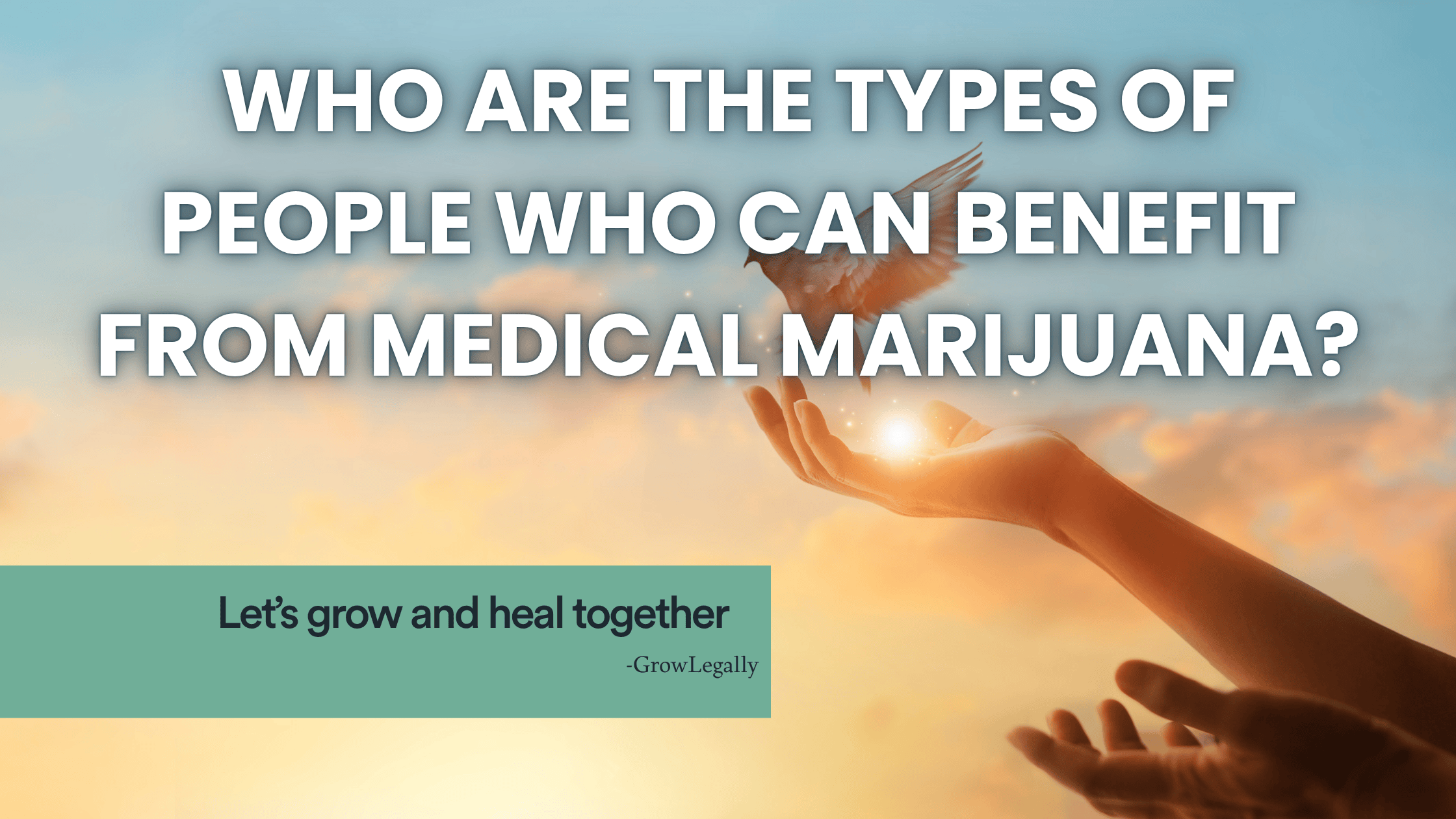



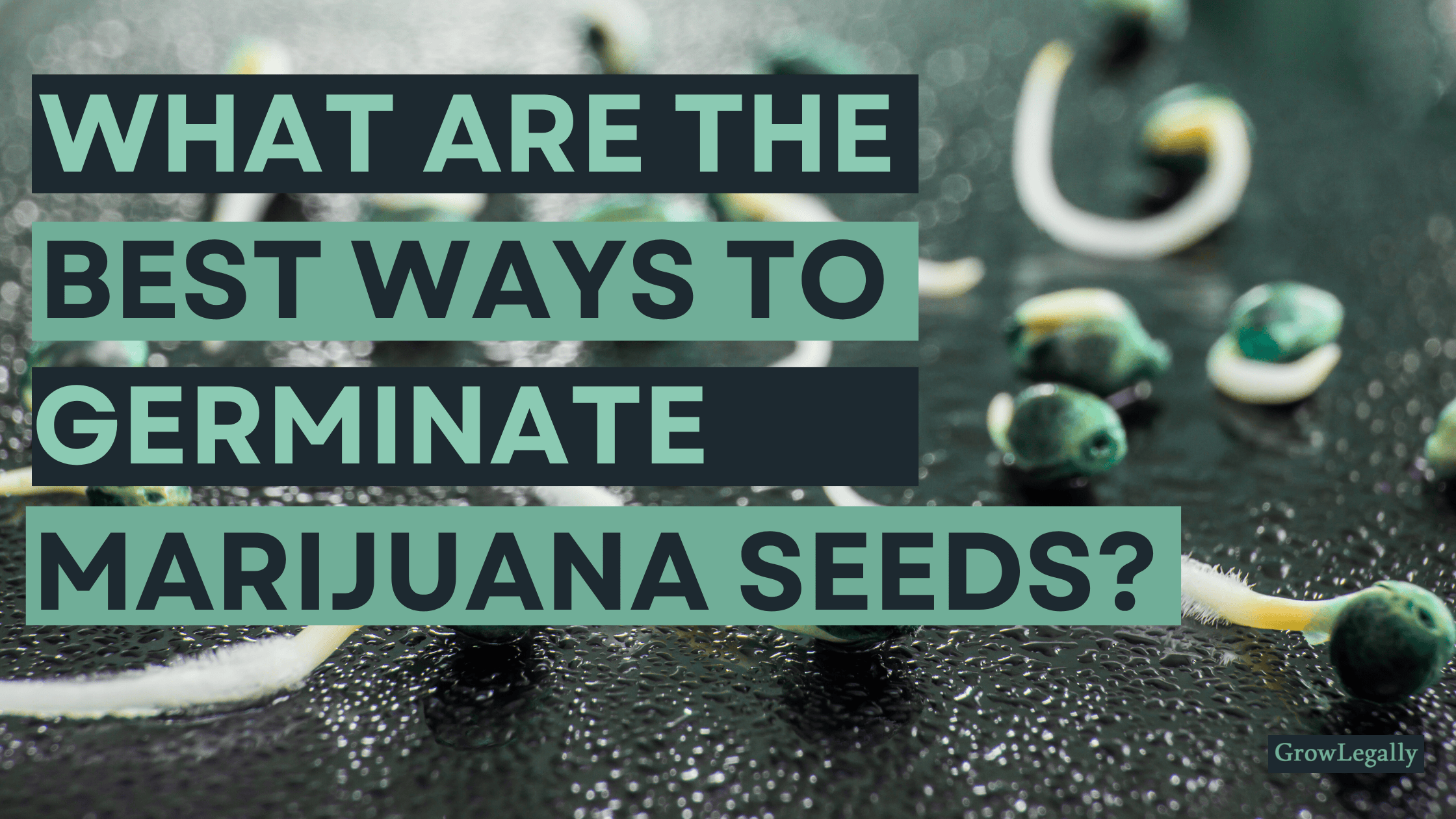
.png)

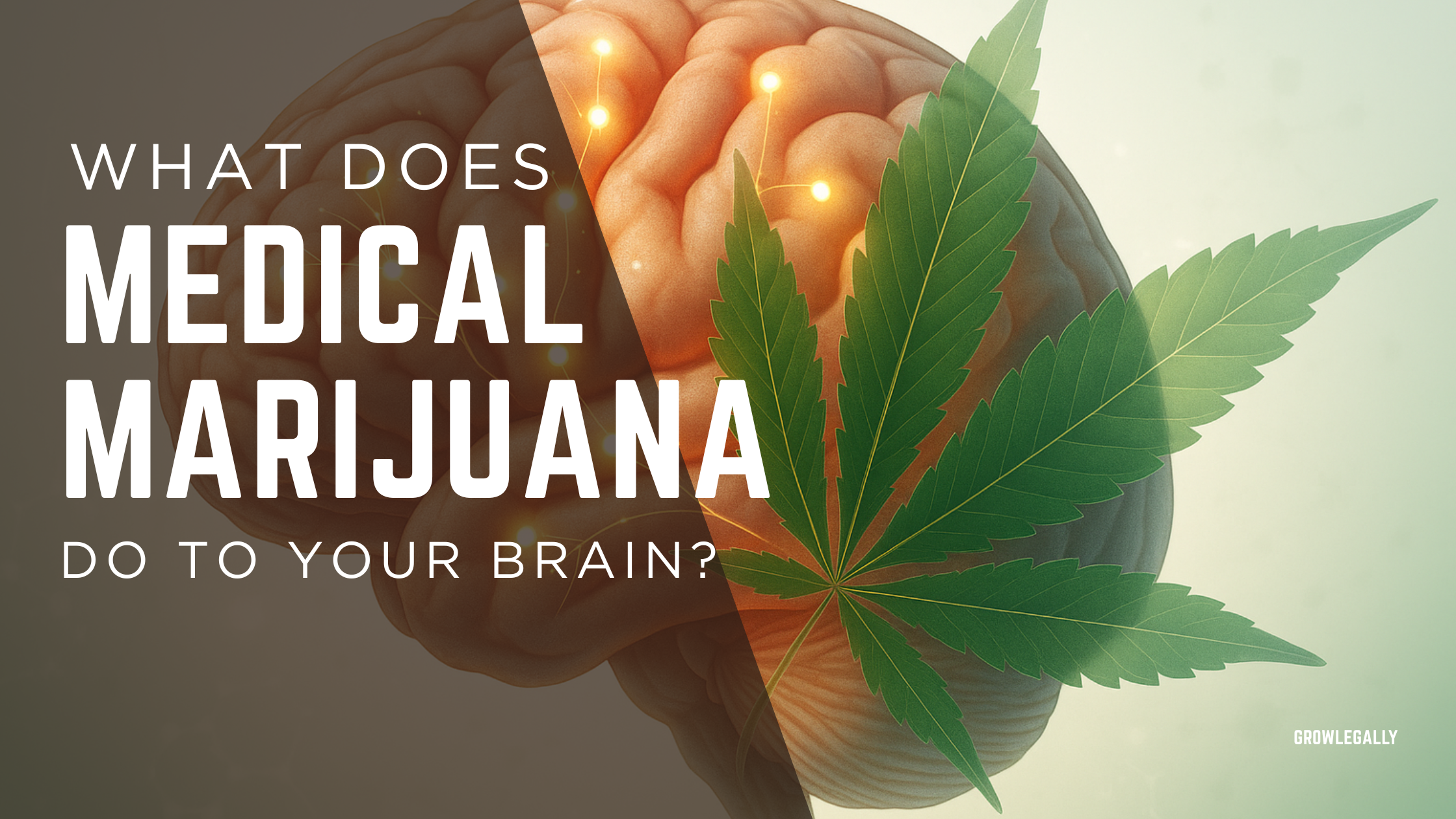
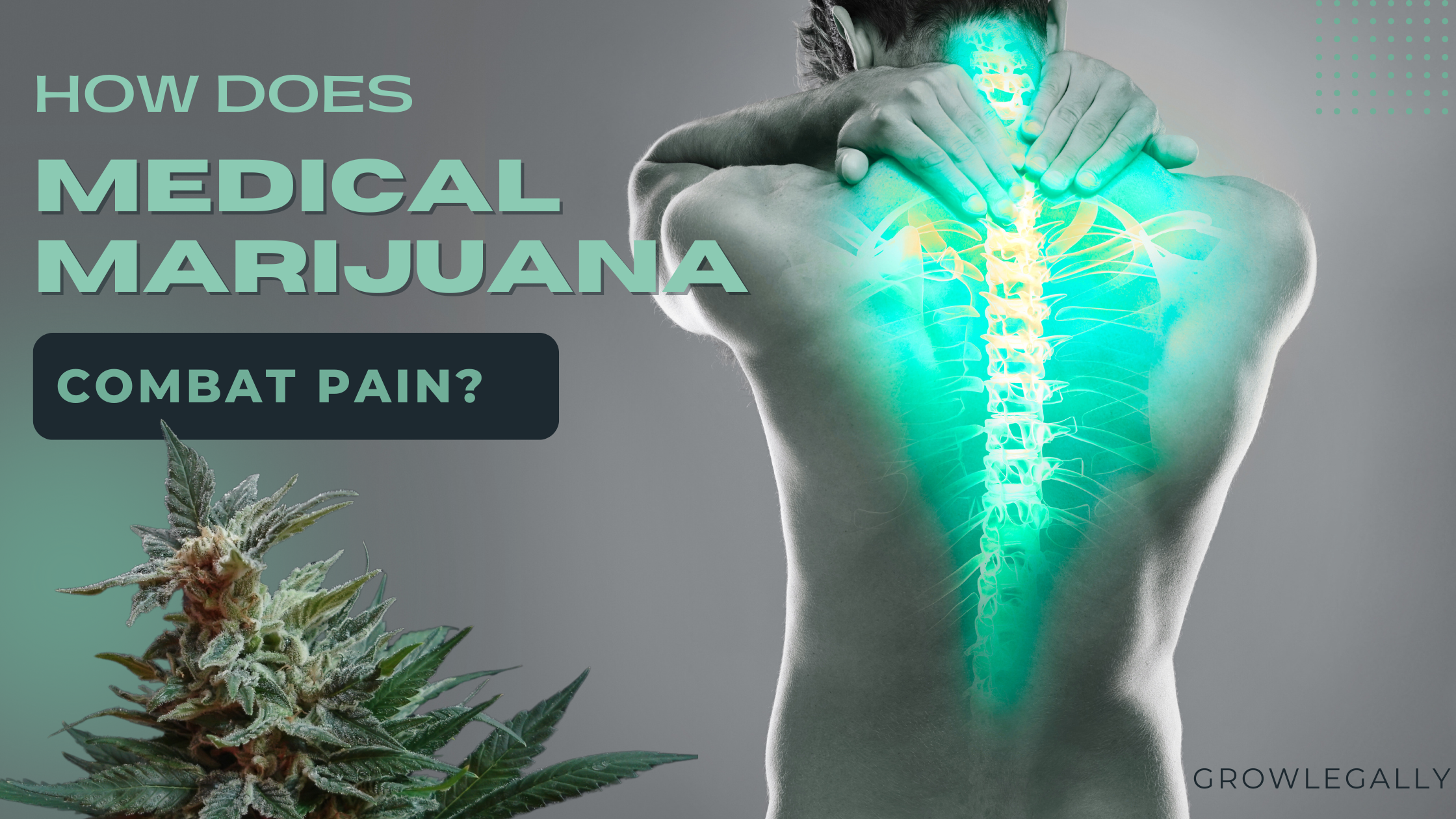
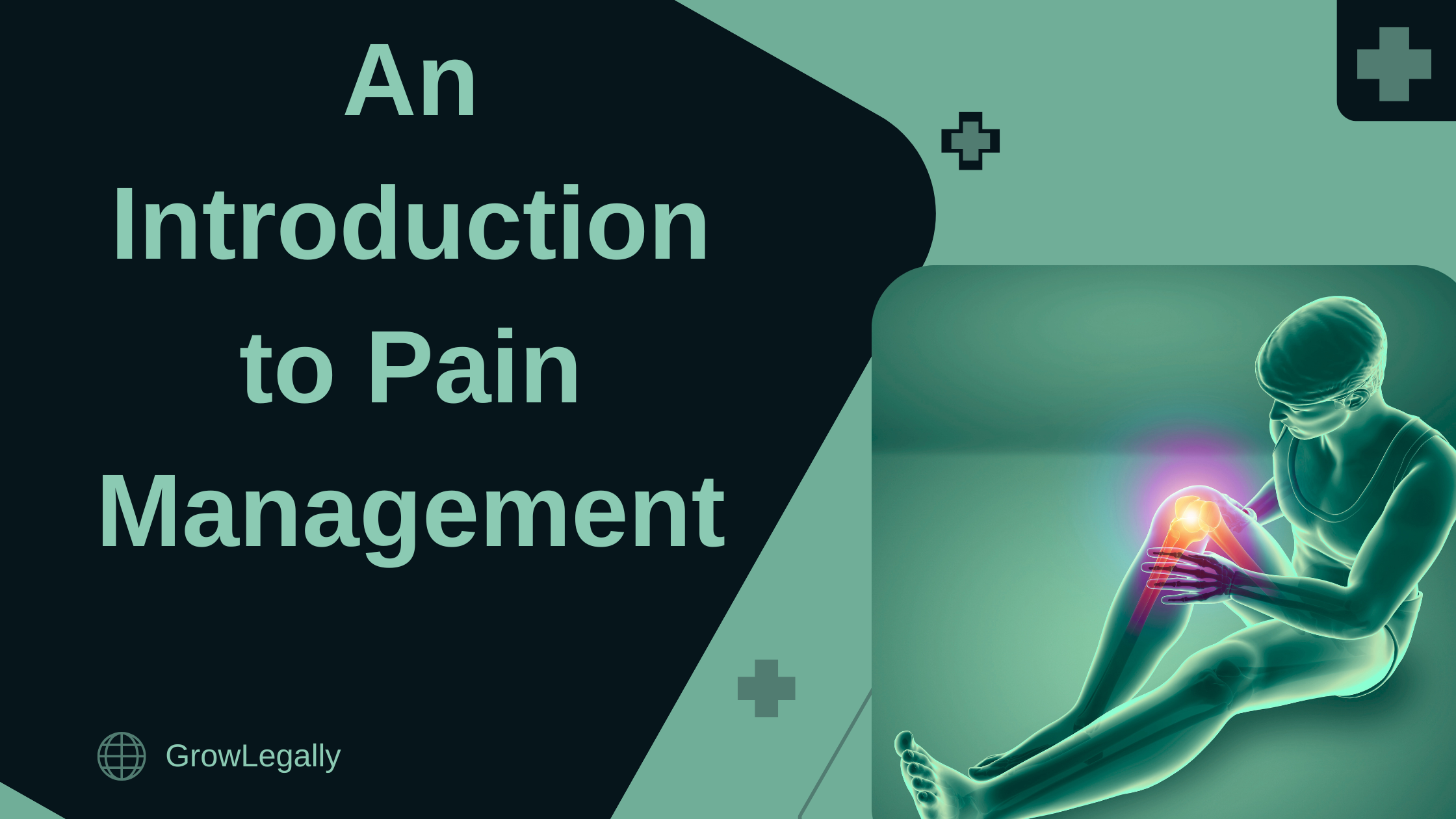
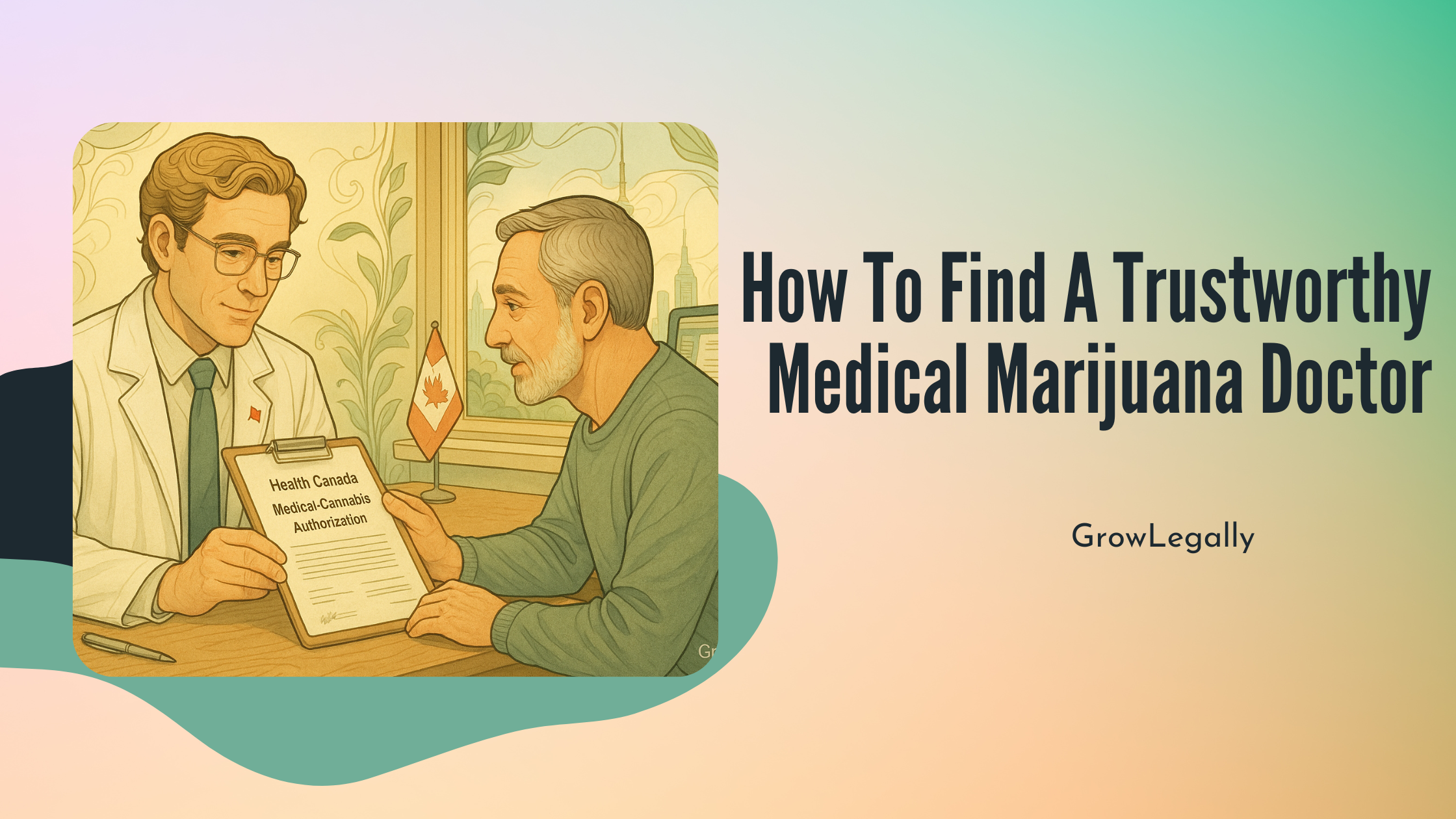

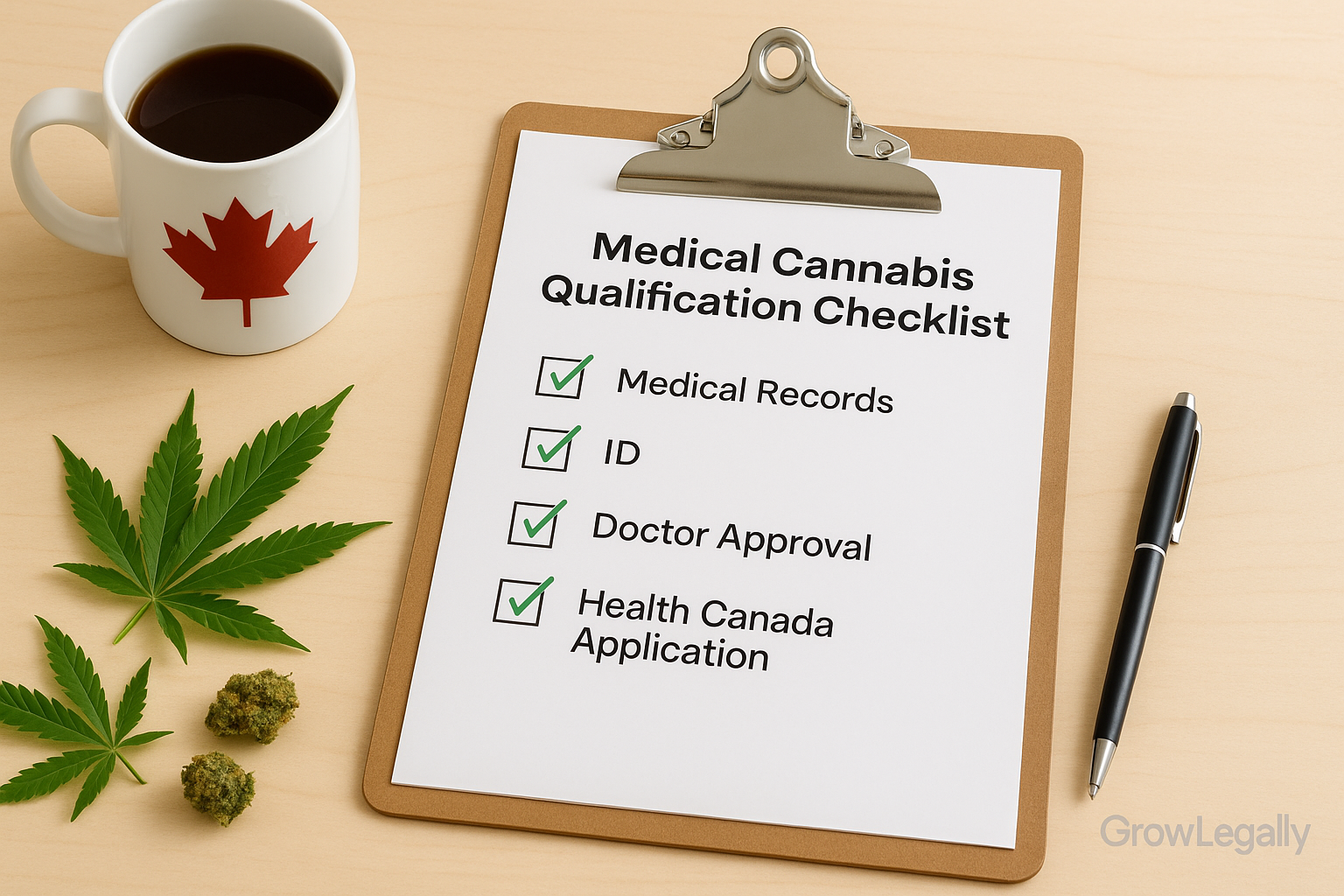
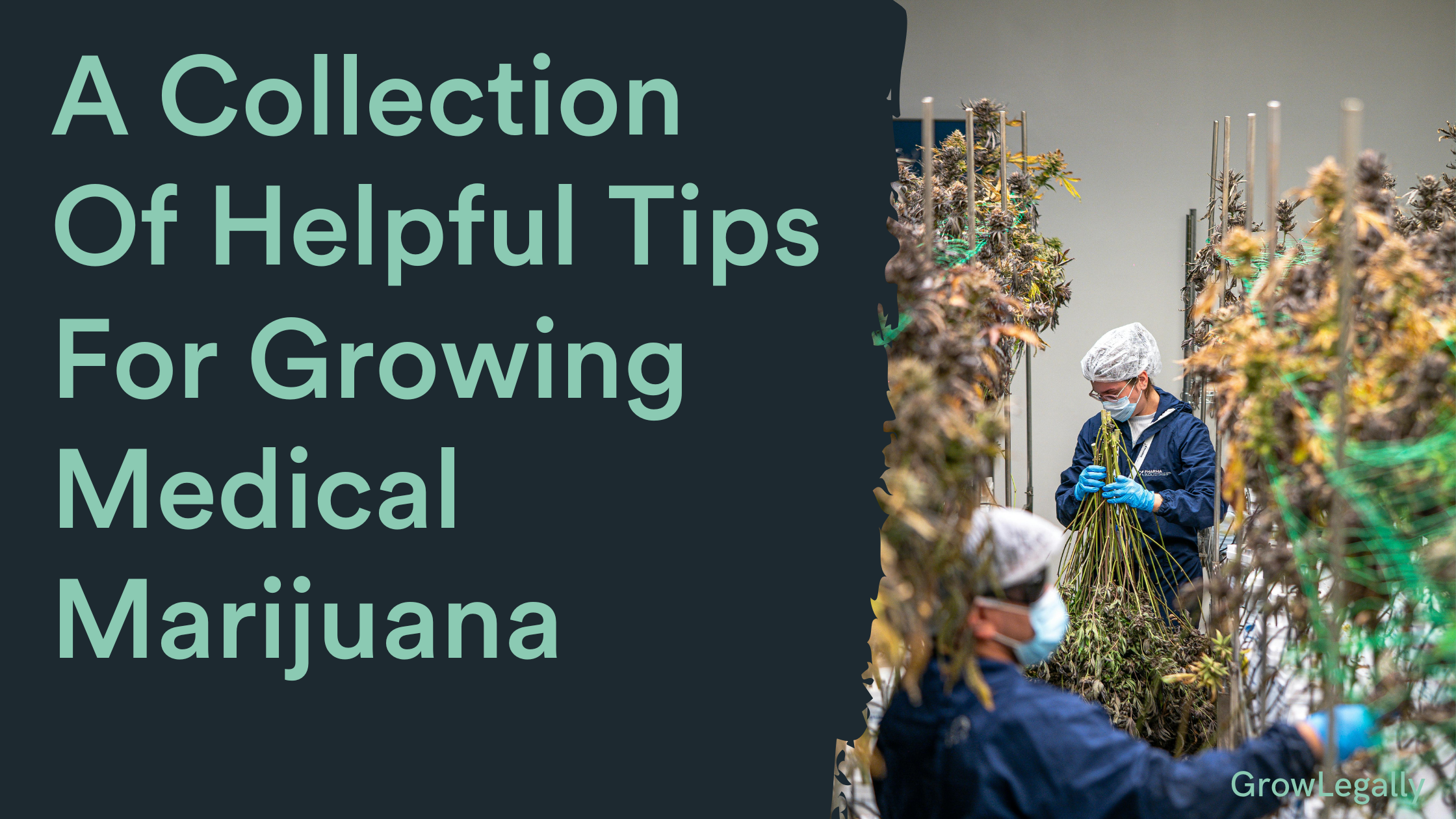
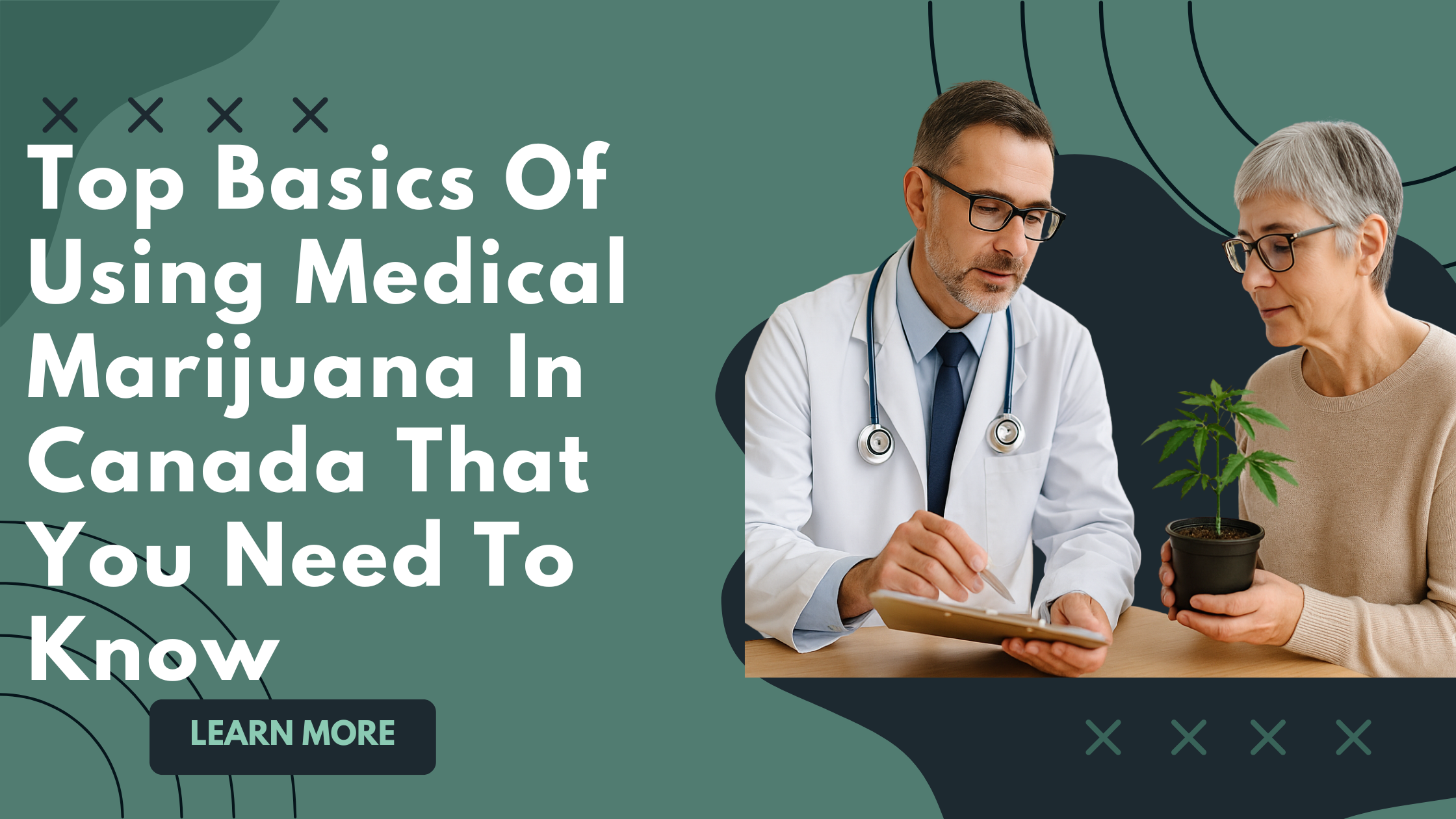



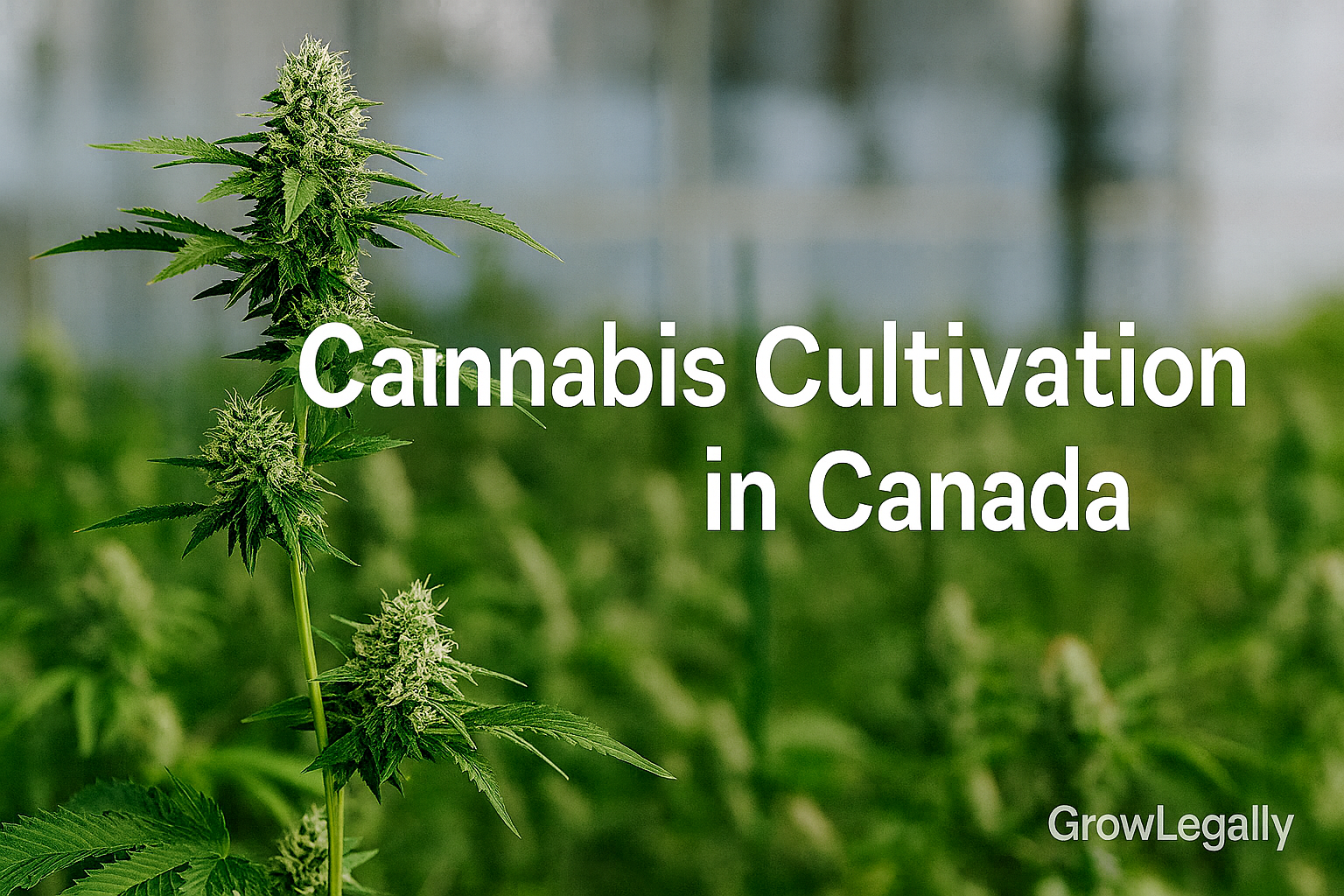
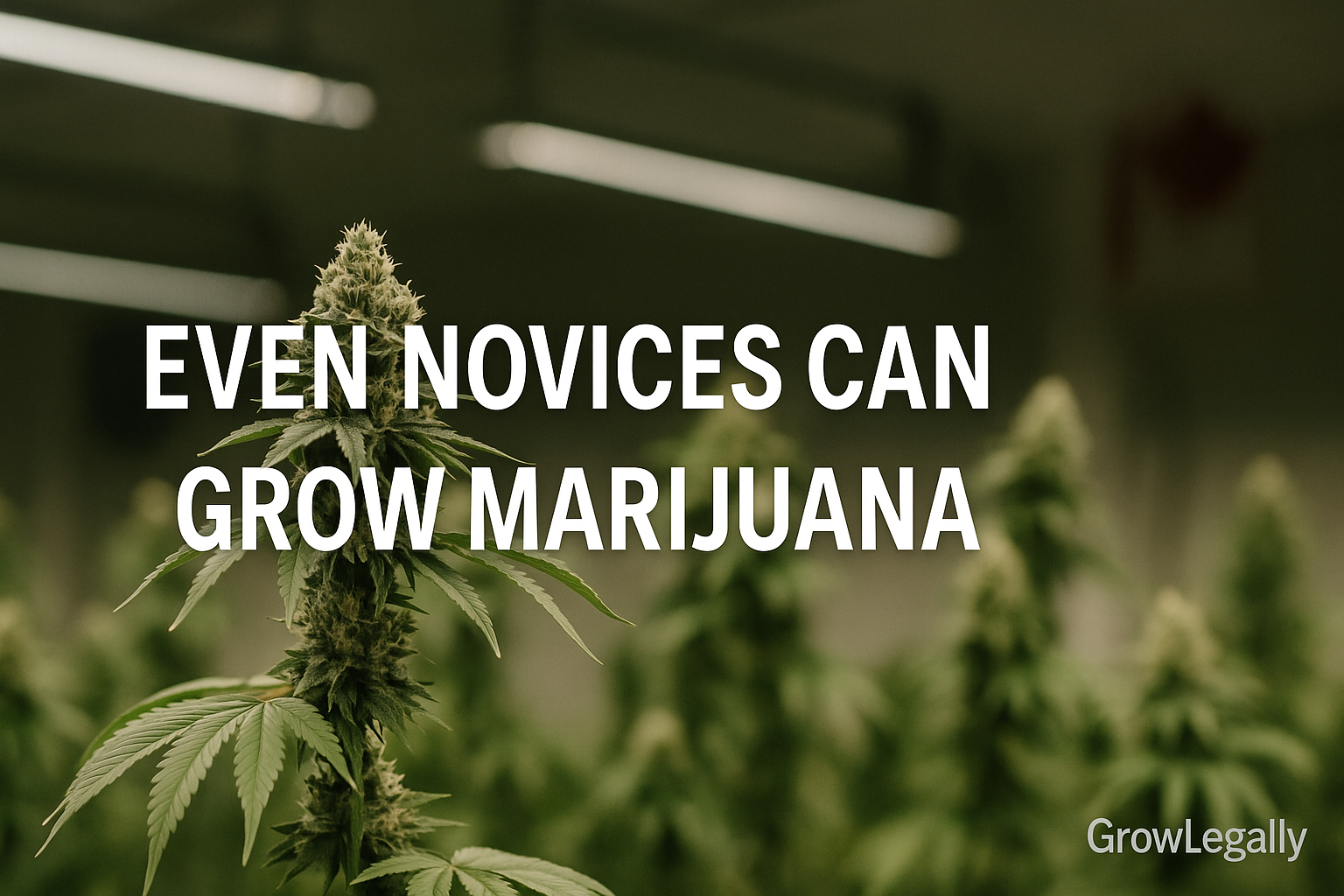


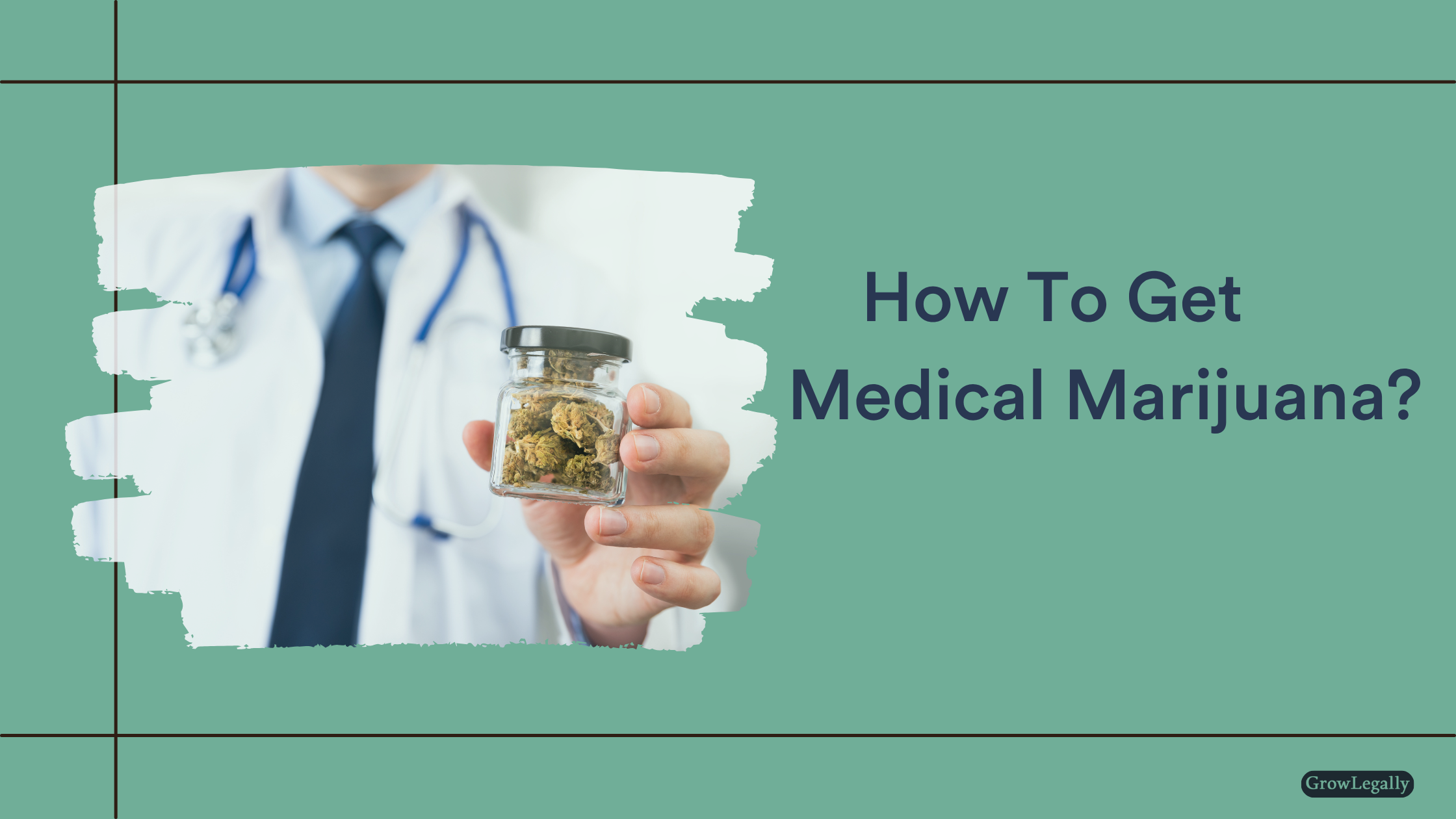

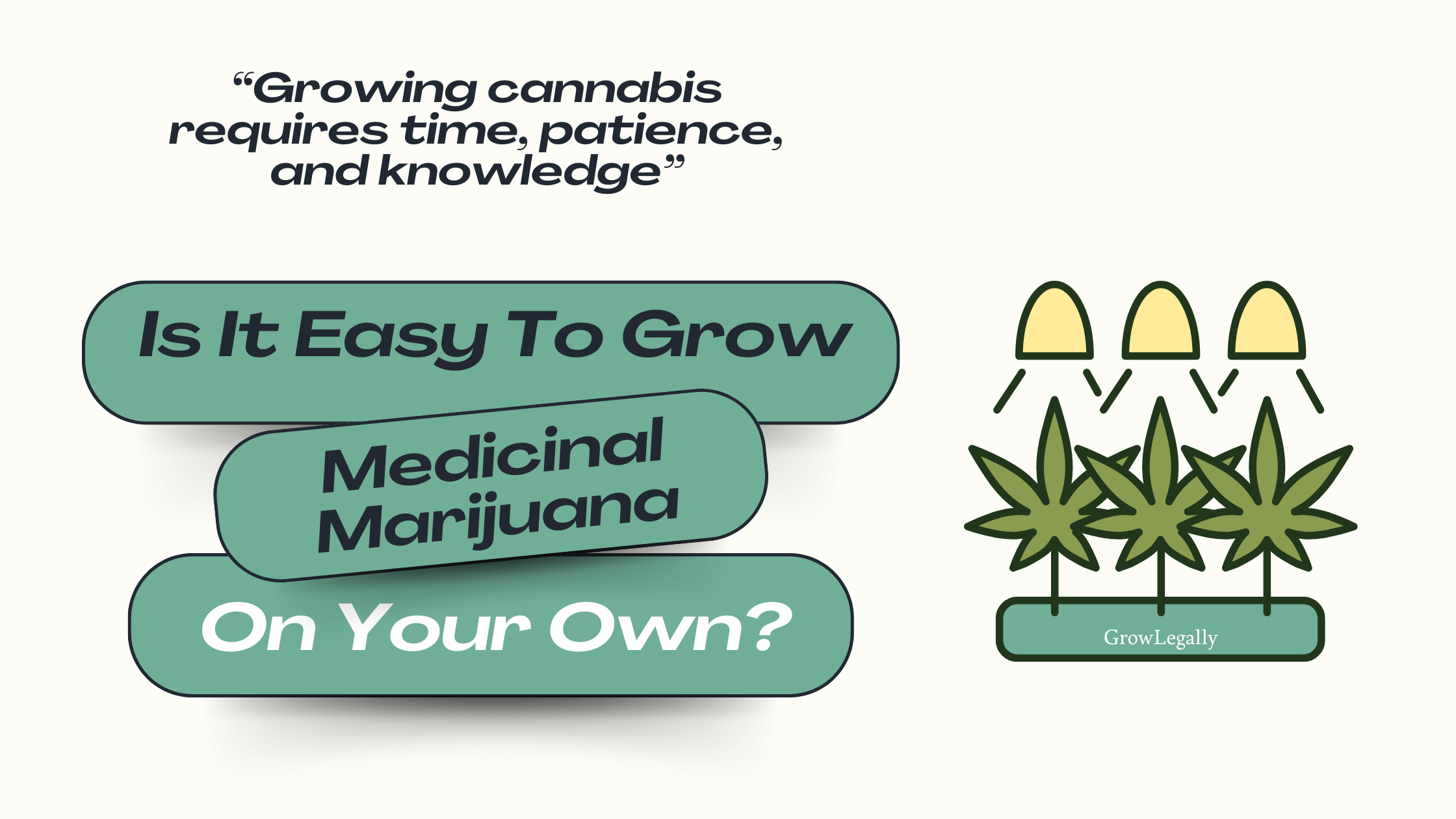






















.png)

















































.png)




























